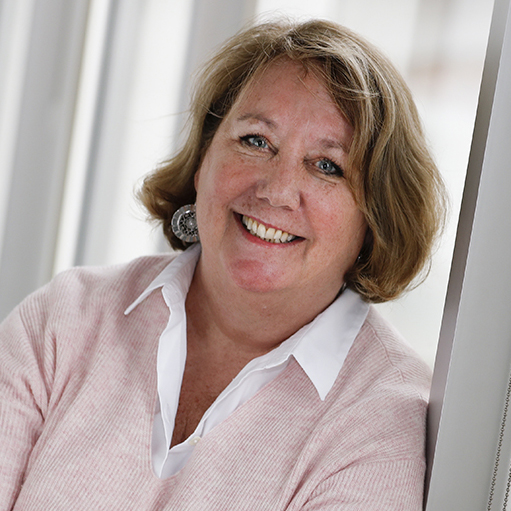You Can Fly: Putting the fun into fundamentals
Learning—and teaching—was never so exciting

Forty-four science and math teachers from around the country descended on the AOPA You Can Fly Academy in Frederick, Maryland, April 26 through 28 to experience the ninth-grade aviation-based science, technology, engineering, and math (STEM) curriculum before they begin teaching it to their students this fall. And if bursting balloons, good-natured competition, and flying rockets doesn’t sound like fun, you need to get out and fly more.
“I never knew how much fun aviation could be,” said Carla Ladner, a 34-year algebra teacher from Lufkin, Texas, who is delighted to “never teach algebra again” and instead will lead the You Can Fly aviation curriculum in her school system. She’s so excited about learning to fly—and all facets of aviation—she’s started ground school and she and her husband have joined their local EAA chapter. “There’s so much to learn! Our students are loving it; they challenge me so much.”
Challenges are part of the You Can Fly curriculum—first, concepts are explained the old-fashioned way in a lecture or manual, and then the ideas are put into practice. For such activities as a “rocket launch” teaching engineering principles, balloons, paper clips, and string are the low-cost materials used to perform testing. At the You Can Fly Academy, teachers broke into groups of four to design a “rocket” (balloon) that could carry the maximum payload (paper clips). Winners achieved a payload of 54 paper clips and a rocket that touched the ceiling. Small explosions (balloons bursting), cheers, and gasps of disappointment were all part of the learning process.
Marty Cooksey, a teacher from Spencerville, Maryland, said his students will love these experiments. “Anything hands-on like this they like,” he said.
“Teachers are always looking for ways to make learning relevant,” said Elizabeth Tennyson, executive director of the You Can Fly program. “With this curriculum, students can see the real-world applications all around them."
Workshops for the tenth-grade curriculum and field testing for the grade 11 curriculum will take place this summer.



